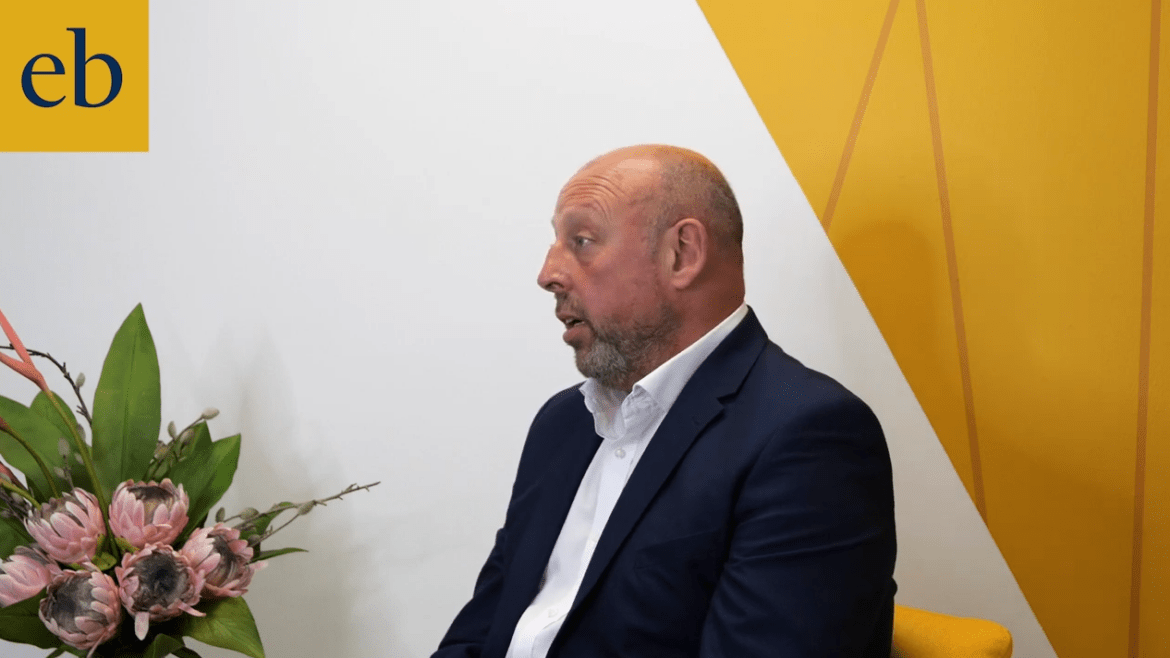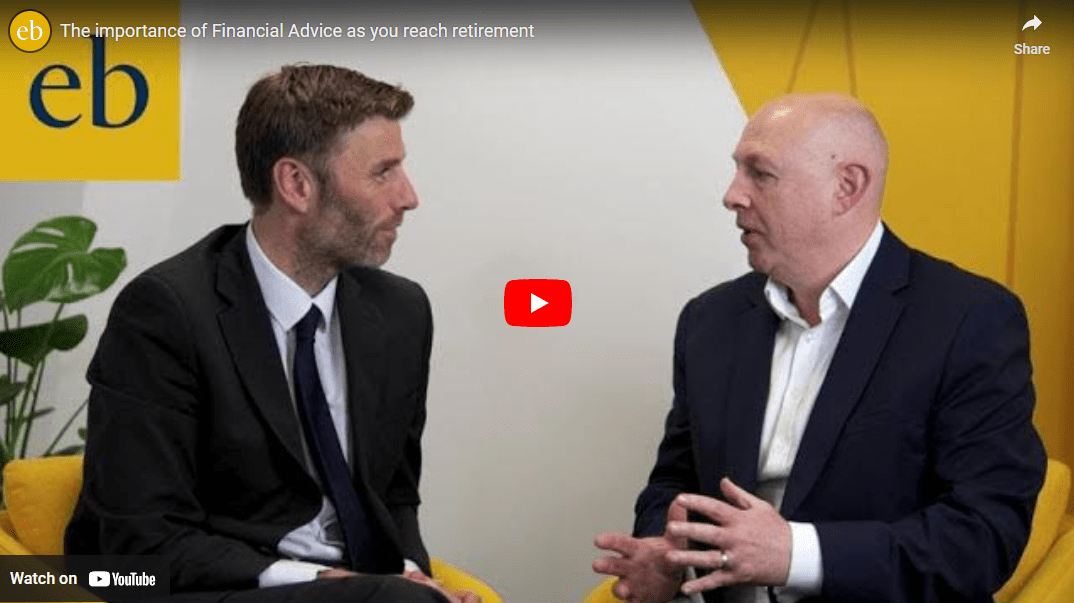Planning and preparing for retirement
https://www.ellisbates.com/wp-content/uploads/2024/12/Picture3.png 715 444 Jess Easby Jess Easby https://secure.gravatar.com/avatar/70f816837c455030814d46a740cfc12d89893aaf8cbf8c8f8f59387d7b30ac08?s=96&d=mm&r=gWhy reaching our 50s and 60s often brings retirement into sharper focus
 As we navigate life, reaching our 50s and 60s often brings retirement into sharper focus. This phase heralds a well-earned respite from years of dedication and hard work. For many, retirement is envisioned as the most extended holiday of their lives, offering opportunities to travel, engage more deeply with hobbies or spend cherished moments with family and friends. However, realising this idyllic vision requires thoughtful financial planning.
As we navigate life, reaching our 50s and 60s often brings retirement into sharper focus. This phase heralds a well-earned respite from years of dedication and hard work. For many, retirement is envisioned as the most extended holiday of their lives, offering opportunities to travel, engage more deeply with hobbies or spend cherished moments with family and friends. However, realising this idyllic vision requires thoughtful financial planning.
Ensuring your financial affairs are in order as you approach retirement is crucial. With longer life expectancies and an ever-evolving economic landscape, having a sound financial plan ensures you can maintain your desired lifestyle without financial stress. This planning involves understanding your income sources, managing your savings and anticipating future expenses.
Determine your retirement timeline
Deciding when to retire is a pivotal step in your financial planning journey. Unlike a one-size-fits-all approach, the choice of retirement age is profoundly personal and depends on various factors, including your financial readiness, health and lifestyle aspirations. Understanding these elements can help you make an informed decision that aligns with your long-term goals.
Role of financial readiness
One of the most significant determinants of retirement age is financial readiness. Many individuals cannot retire until they can draw from their pension schemes or are eligible for the State Pension. Assessing your finances, including savings, investments and expected pension income, is crucial in determining when you can comfortably retire without compromising your standard of living.
Understanding pension options
Different pension types come with varying retirement age rules. Workplace pensions, mainly defined contribution schemes, and older defined benefit plans often set a retirement age, typically around 65. However, these can differ based on the specific terms of your pension plan. Knowing the details of your pension arrangements allows you to plan effectively for retirement.
Accessing personal pensions early
For those with personal pensions, there’s often more flexibility. Currently, personal pensions can be accessed from age 55, although this threshold is set to increase to 57 by 2028. This earlier access can provide opportunities for phased retirement, allowing you to transition gradually from full-time work to retirement while supplementing your income with pension withdrawals.
Considerations for early retirement
Choosing to retire early can have significant financial implications. Early access to pensions means smaller annual payouts, as your pension pot needs to sustain you for a longer retirement. Additionally, retiring before reaching State Pension age means you will need to bridge the income gap until those benefits become available.
Balancing lifestyle and financial security
Deciding when to retire should balance your desired lifestyle with financial security. Some may continue working part-time to maintain an active lifestyle and financial health, while others prioritise leisure and personal pursuits. Evaluating your priorities and consulting with us will help clarify the best path forward.
Understanding your retirement income sources
Planning for retirement is crucial to ensuring a comfortable and secure future. One of the most important aspects of retirement planning is understanding your potential sources and values of retirement income. This involves gathering comprehensive details about your pensions, savings and investments. Once you have these details, obtaining estimates from each source will help you gauge the total income you might expect upon retirement.
Estimating income from savings and investments
Begin by compiling information on all your savings and investment accounts. This includes personal savings accounts, stocks, bonds and any other investment vehicles you own. Understanding this will help you strategise effectively for your future financial needs.
Planning your retirement income
Evaluate whether the combined income from your pensions and State Pension will suffice for your desired retirement lifestyle. Generally, you may need around two-thirds of your preretirement
salary after tax to maintain your lifestyle, though individual needs vary.
Boosting your pension contributions
Planning for retirement involves more than just setting aside a portion of your income; it requires strategic thinking about maximising your pension contributions. If there’s a likelihood of a shortfall in your future pension income, it’s prudent to consider increasing your pension savings now. Even minor adjustments to your contributions can have a notable impact on your pension pot, thanks to the power of compounding interest.
Understanding the impact of contributions
Many individuals adhere to the minimum contribution levels set by auto-enrolment schemes. While these minimums provide a good foundation, contributing more than the baseline can significantly enhance your financial security in retirement. The carryforward rules further support this strategy, allowing you to utilise unused allowance from the previous three years to maximise
your contributions where you have sufficient relevant UK earnings to support the contribution and obtain tax relief.
READY TO TAKE PROACTIVE STEPS IN YOUR RETIREMENT PLANNING?
Secure your financial future by taking proactive steps in your retirement planning today. If you need expert guidance or want to explore your pension options further, we are here to assist you.
Contact us to confidently navigate this crucial journey, ensuring that your retirement plans meet your long-term goals. Let us support you in making informed decisions for a secure and comfortable retirement.




 In your 50s, a pension review is pivotal in preparing for a secure retirement. This review thoroughly evaluates your current pension plans to understand their performance and projected future income.
In your 50s, a pension review is pivotal in preparing for a secure retirement. This review thoroughly evaluates your current pension plans to understand their performance and projected future income.





